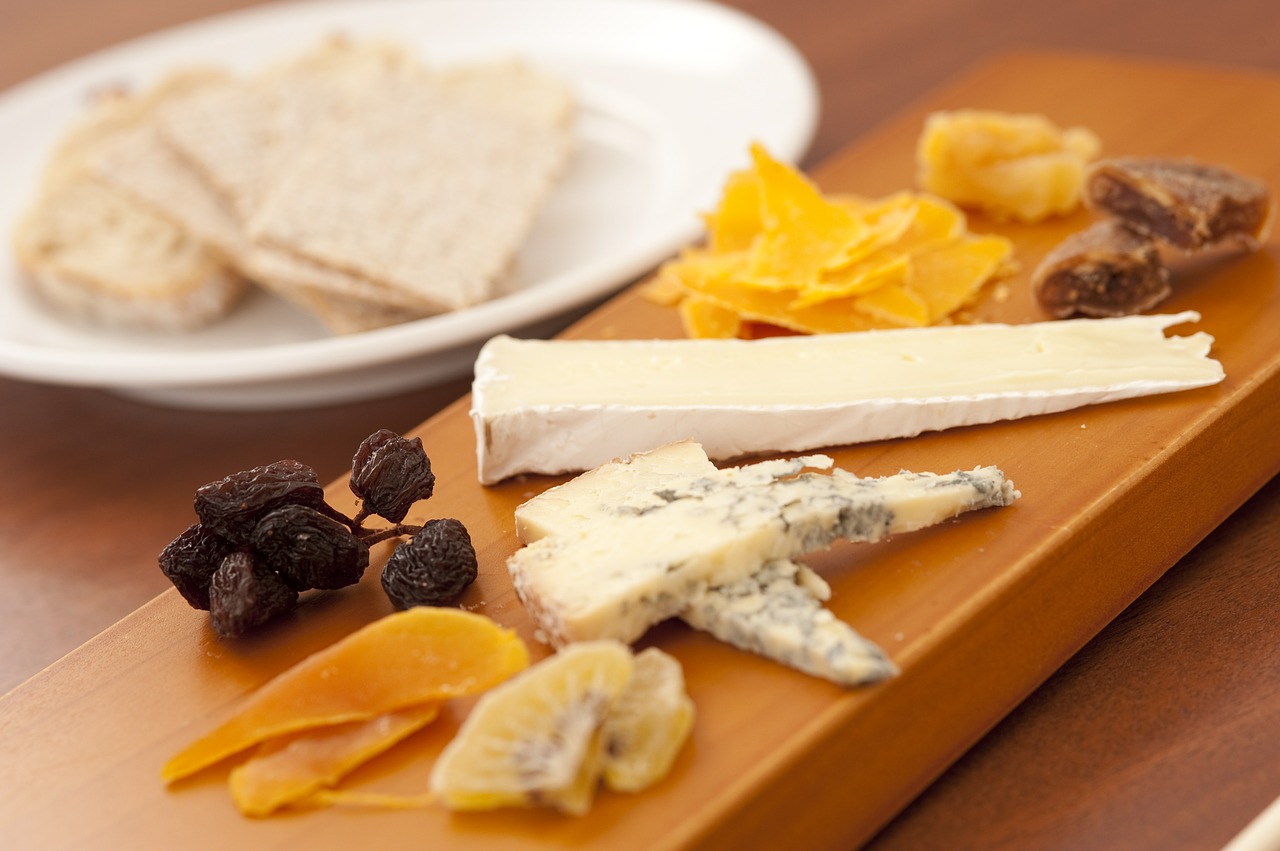Demystifying Protein – Animal vs Plant Protein
One of the most common questions vegans or vegetarians get is “where do you get your protein?” Animal foods such as meat and eggs are seen by many people as the gold standard of this macronutrient. Plant foods, on the other hand, are often seen as deficient and lacking in ‘complete’ protein. The truth is quite different, so how does the myth of plant-protein deficiency keep being recycled as fact? Well, let’s start by looking at the facts.
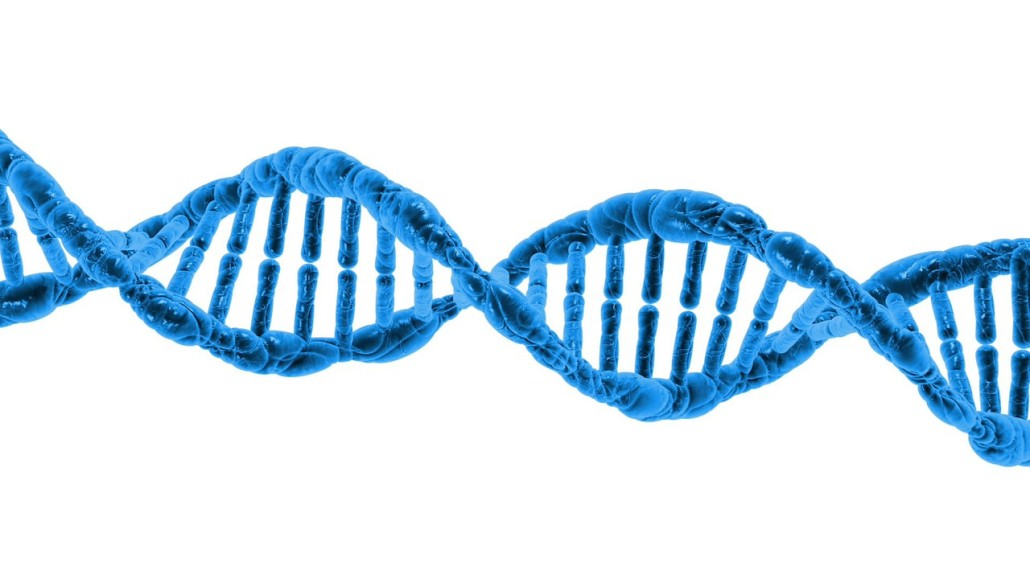
Why is protein so important?
Protein, according to Julieanna Hever, the Plant-Based dietitian, in her book ‘The Complete Idiot’s Guide to Plant-Based Nutrition’ plays a crucial role in most – if not all – structural and functional mechanisms of the human body. Protein makes up part of every cell in the body, including muscles, organs, hair, nails, skin, teeth, ligaments, cartilage and tendons, and, although not as efficient as carbohydrate, acts as source of energy. The building blocks of protein are a total of 20 amino acids. Your body can produce 11 of these amino acids, and there are 9 amino acids you must get from your diet.
Plant protein
If you consume enough calories from a variety of whole plant foods, you will get enough protein. Even mainly carbohydrate foods such as bananas, potatoes and rice have 5, 8 and 9 percent respectively of their calories as protein. The real plant-food superstars of protein though are beans, legumes, nuts, and seeds. For example, lentils have 36 percent of their calories as protein, and leafy green vegetables have almost half their calories from protein. Soybeans and its by-products such as tempeh and soybean curd, or tofu, are high in protein, which does have all essential amino acids.
Don’t you need complete protein?
Because most plant foods have less of one or some of the essential 9 amino acids, it was thought that you would need to combine certain plant foods to make up for this ‘deficiency’. This notion was based on the idea that you need all 9 essential amino acids at every meal. Animal foods have all essential amino acids, and, except for a few examples such as soybeans and quinoa, most plant foods don’t. However the fact is that your body needs amino acids, not foods with ‘complete’ proteins, and a varied plant-based diet has every amino acid you need.
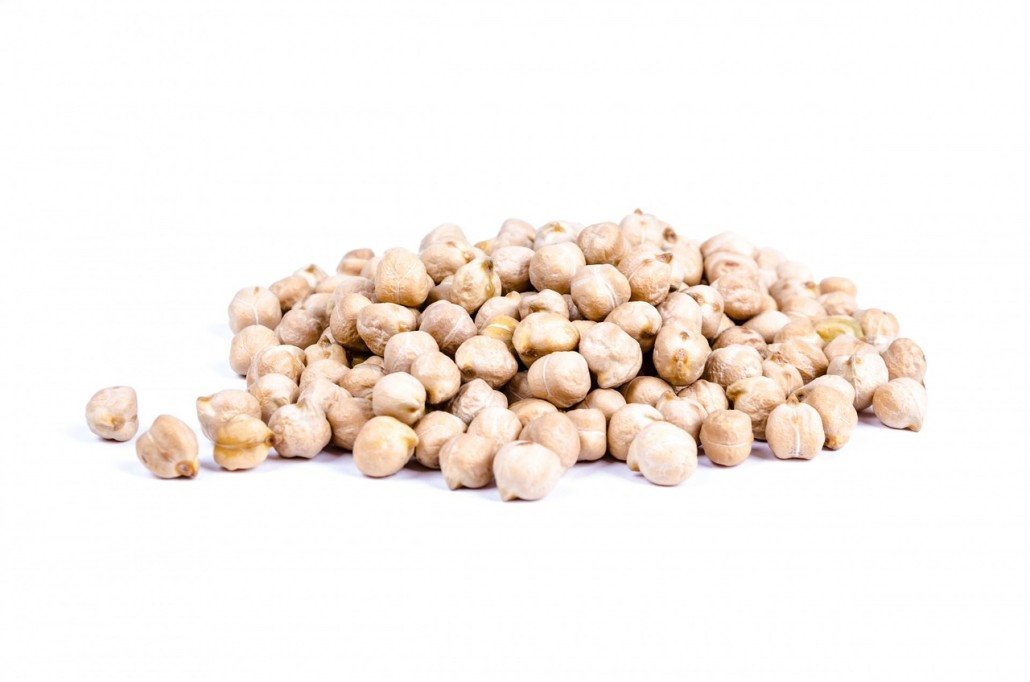
How much protein do you need?
According to the US Department of Agriculture, the Recommended Dietary Allowance (RDA) for protein for the average adult is 0.8 grams per kilogram of body weight. In Australia, the amounts are very similar: The recommended dietary intake (RDI) for protein (measured in grams per kilogram of bodyweight) is:
- 0.75 g/kg for adult women
- 0.84 g/kg for adult men
- Around 1 g/kg for pregnant and breastfeeding women, and for men and women over 70 years.
For example, a 75 kg adult male would need 63 g of protein per day. Consider this (brief) list of regular servings of plant foods and their corresponding protein quantities in grams:
- Quinoa, half-cup cooked: 11.1 g
- Tofu, raw, firm, half-cup: 19.9 g
- Barley, pearled, 1 cup cooked: 16.4 g
- Chickpeas, 1 cup cooked: 14.5 g
- Lentils, 1 cup cooked: 17.9 g
- Baked beans, 1 cup: 12.1 g
Can you have too much animal protein?
There are many high-protein, low-carb diets around today, in particular Paleo and its variations. Typically, lots of meat, no grains or starches, and some veggies feature prominently in such diets. But can you get too much meat and protein?
According to dietitian Amanda Benham, the Human Herbivore, diets such as Paleo and Atkins “…encourage unhealthy eating patterns such as high consumption of animal products (…meat, eggs, cheese etc.), which are loaded with saturated fats and cholesterol and devoid of fibre and other beneficial plant components.”
Dr Neal Barnard and the Physicians Committee for Responsible Medicine (PCRM) say that “a diet that is high in protein can actually contribute to disease and other health problems.” The PCRM advice is that too much animal protein can lead to increased risk of osteoporosis, as high protein intake is known to encourage urinary calcium losses. An excess of animal protein and foods in the diet can also lead to increased cancer risk, impaired kidney function, heart disease and weight-loss sabotage.
Cornell University Professor Emeritus of Nutritional Biochemistry, Dr T Colin Campbell, and author of The China Study, tells us that animal protein is a potent carcinogen.
According to Dr Campbell, “Casein [the main protein of cow’s milk] is the most relevant chemical carcinogen ever identified.”
How to get enough healthy plant protein
It is important to get enough protein, however too much animal protein can be harmful to your health. The following guidelines are based on those developed by PCRM:
- Have a least 5 servings of grains each day, which may include half a cup of hot cereal, 1 ounce of dry cereal, or one slice of wholemeal bread. Each serving contains about 3 grams of protein.
- Consume three or more servings of vegetables each day. This may include 1 cup of raw vegetables, half a cup of cooked vegetables, or half a cup of vegetable juice (I use my NutriBullet to make vegetable and fruit blended beverages). Each serving contains roughly 2 grams of protein.
- Try to have 2 to 3 servings of legumes each day, including half a cup of cooked beans, 4 ounces of tofu or tempeh, 8 ounces of soymilk, and 1 ounce of nuts. While protein content can vary significantly, each serving may contain about 4 to 10 grams of protein. Meat analogues and substitutes are also great sources of protein that can be added to your daily diet. (Thanks to PCRM for this checklist).
Still not convinced?
If you’re skeptical about plant foods being able to meet your protein needs, think about the sheer bulk and muscle power of such plant-eaters as gorillas, elephants and rhinos. In the human race, consider the ultra-fit vegan athletes that don’t rely on any animal products for their super-human achievements. Strongman Patrik Baboumian, marathon champion Brendan Brazier and fighter Mac Danzig are elite athletes who swear that a plant-based is the secret behind their success. Patrik Baboumian, an Armenian-German, known as the herbivore strongman with 50-cm biceps, was quoted regarding his change to a vegetarian, then later vegan diet:
”I was amazed by the great gains in lean body-mass and strength I got with the meat-free diet,” says Patrik.
Former professional Ironman triathlete and two-time Canadian 50km Ultra Marathon Champion Brendan Brazier , swears by a whole-food vegan diet. He was also quoted in the article:
“Through good nutrition we can thrive in life without the need for stimulants, sugars and pharmaceuticals, and the Vegetarian, Vegan and Raw Plant Based Whole Food choices are the best,” Brendan says.
American MMA (mixed martial arts) and UFC fighter Mac Danzig has been a vegan since 2004 and follows a high carbohydrate, low fat raw vegan diet. According to the 33-year-old Mac, who has 21 wins under his belt from 33 bouts enjoys a diet rich in nuts, seeds, avocados, and coconuts and “feels amazing”. Maybe it was time you started feeling “amazing” too?
Tom Perry


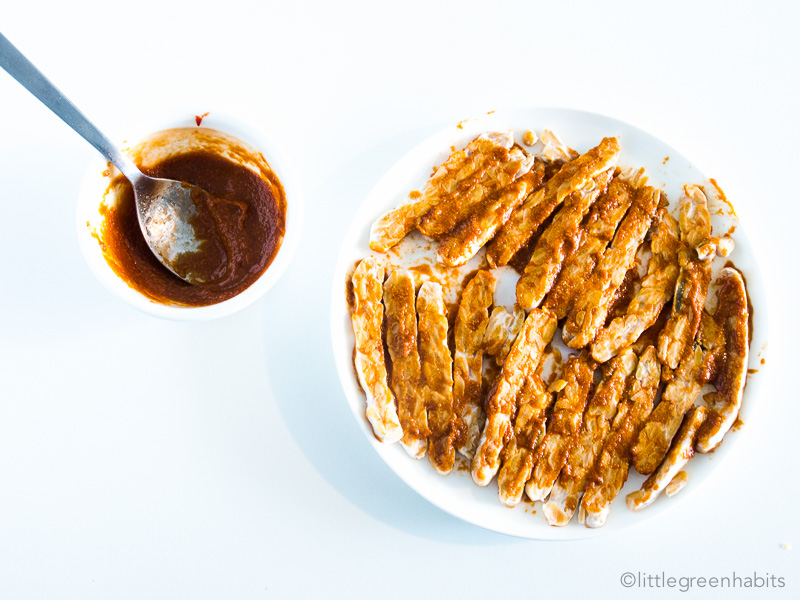
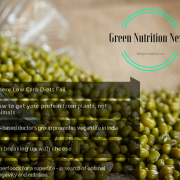
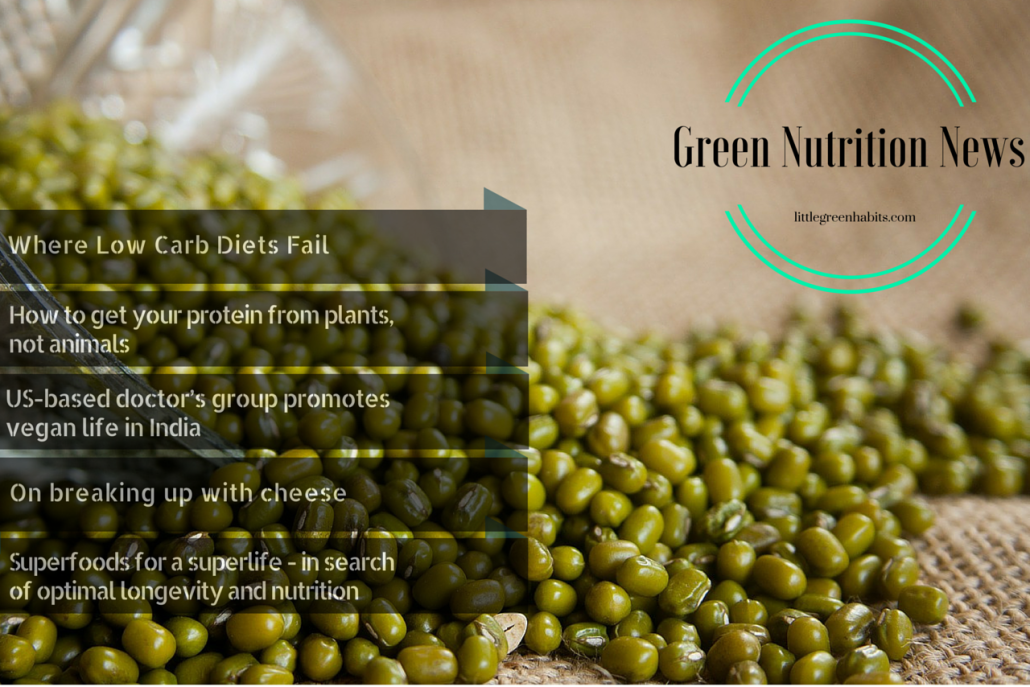
 How to get your protein from plants, not animals
How to get your protein from plants, not animals
